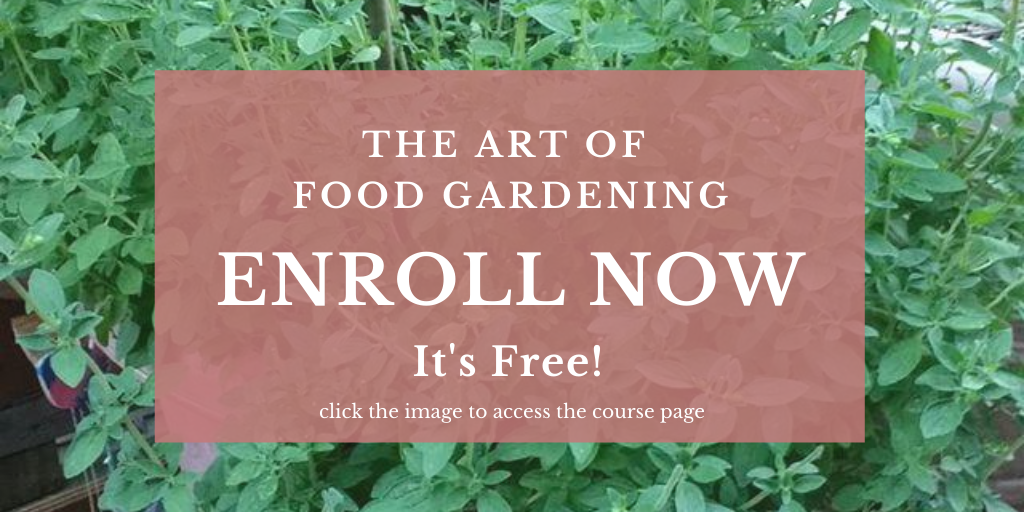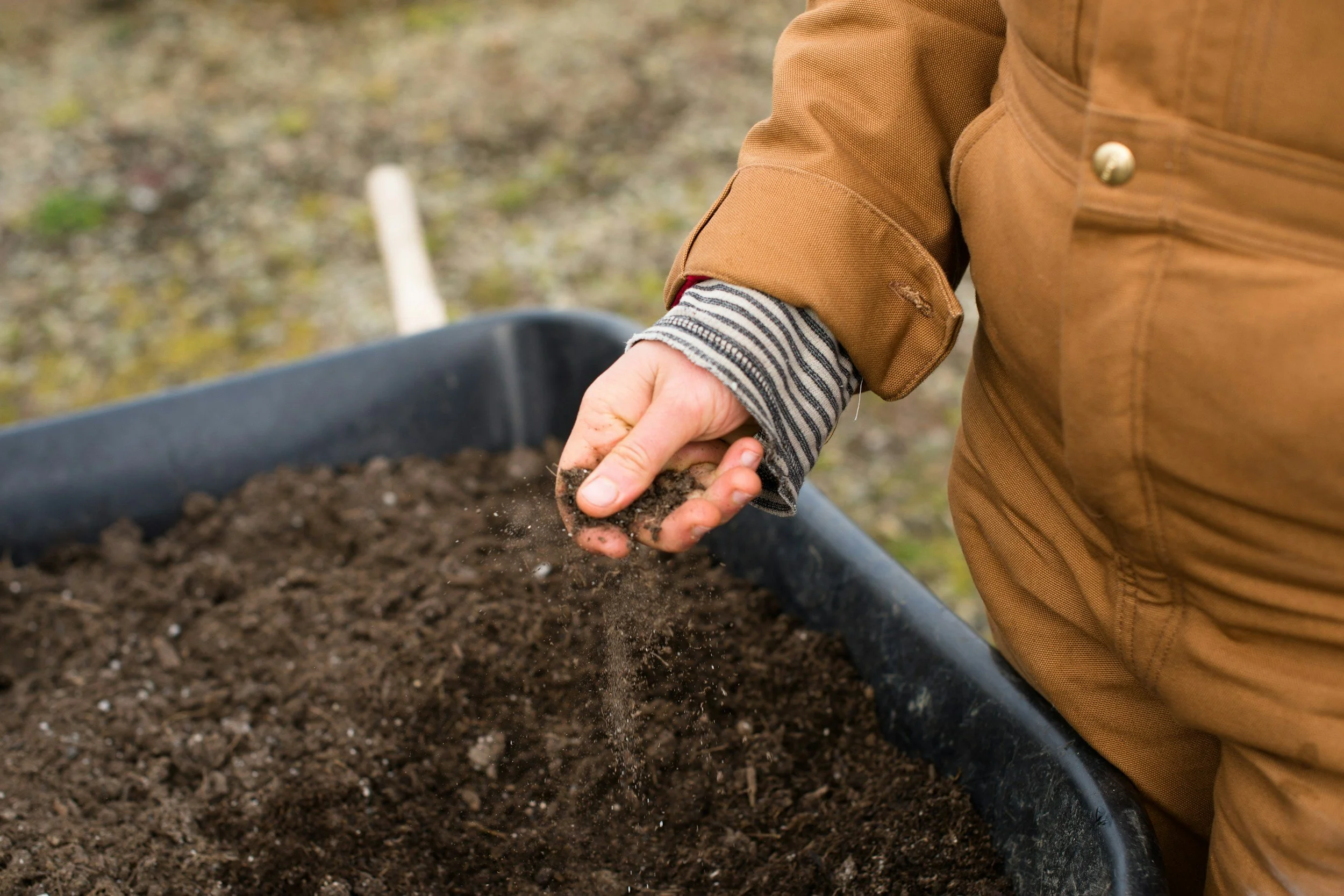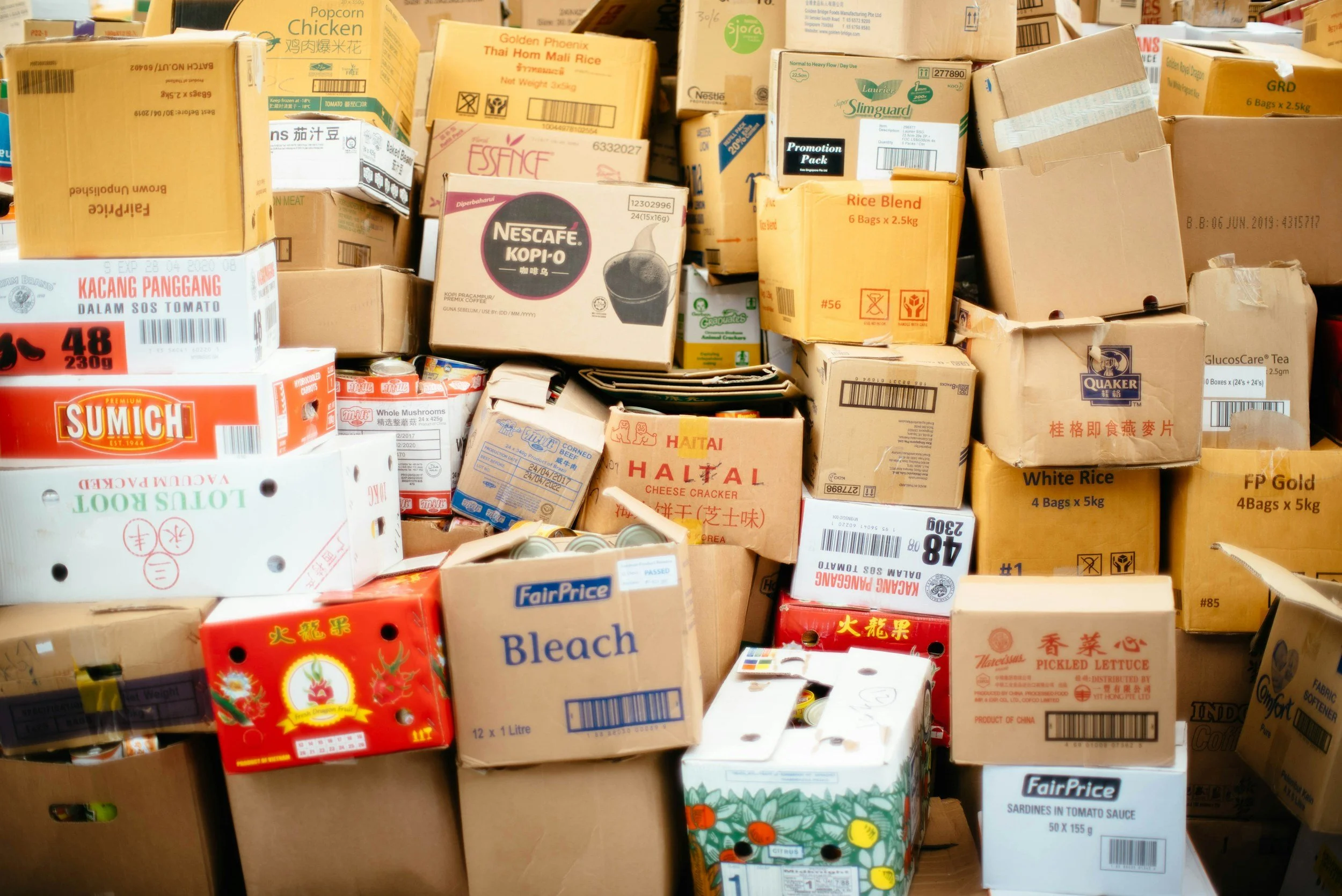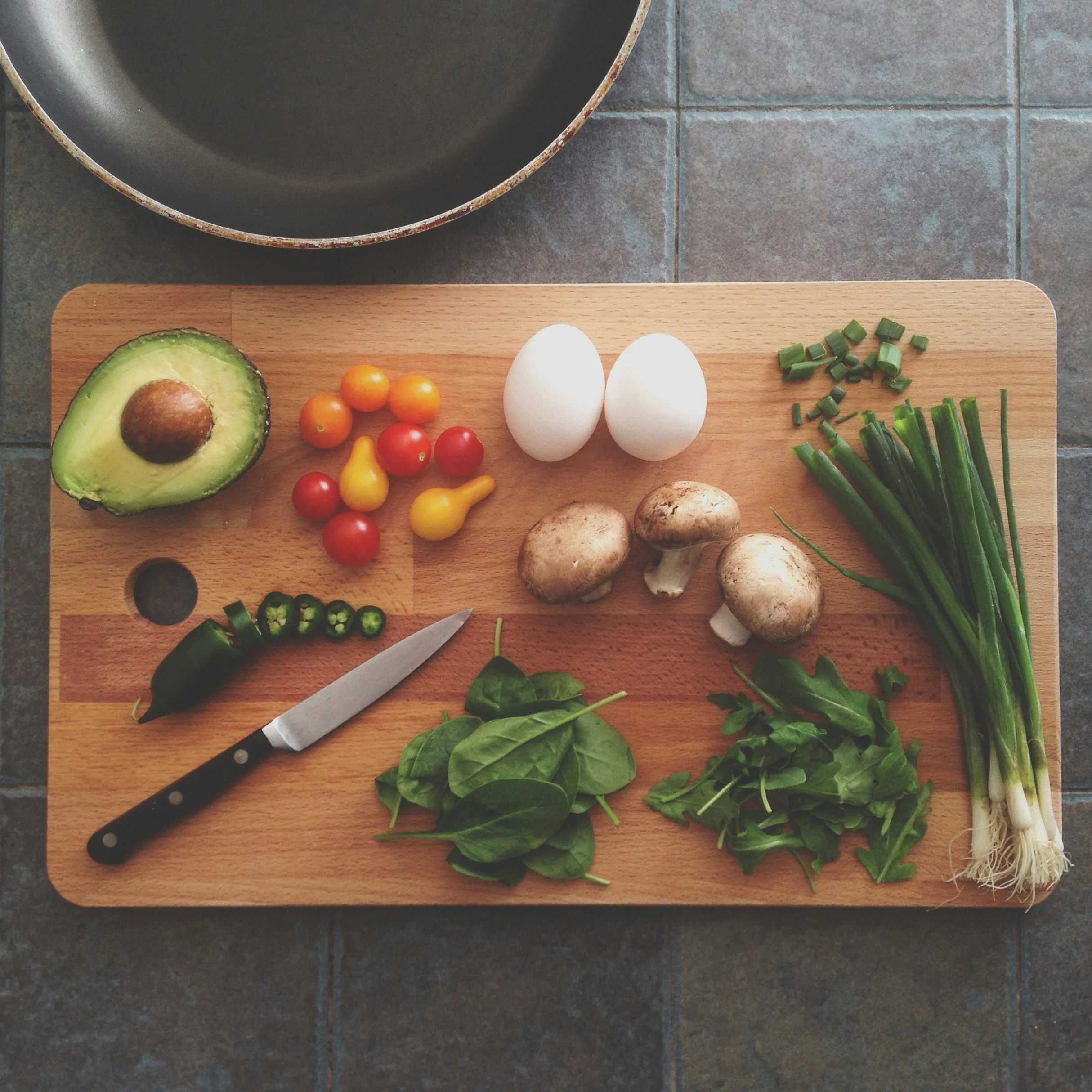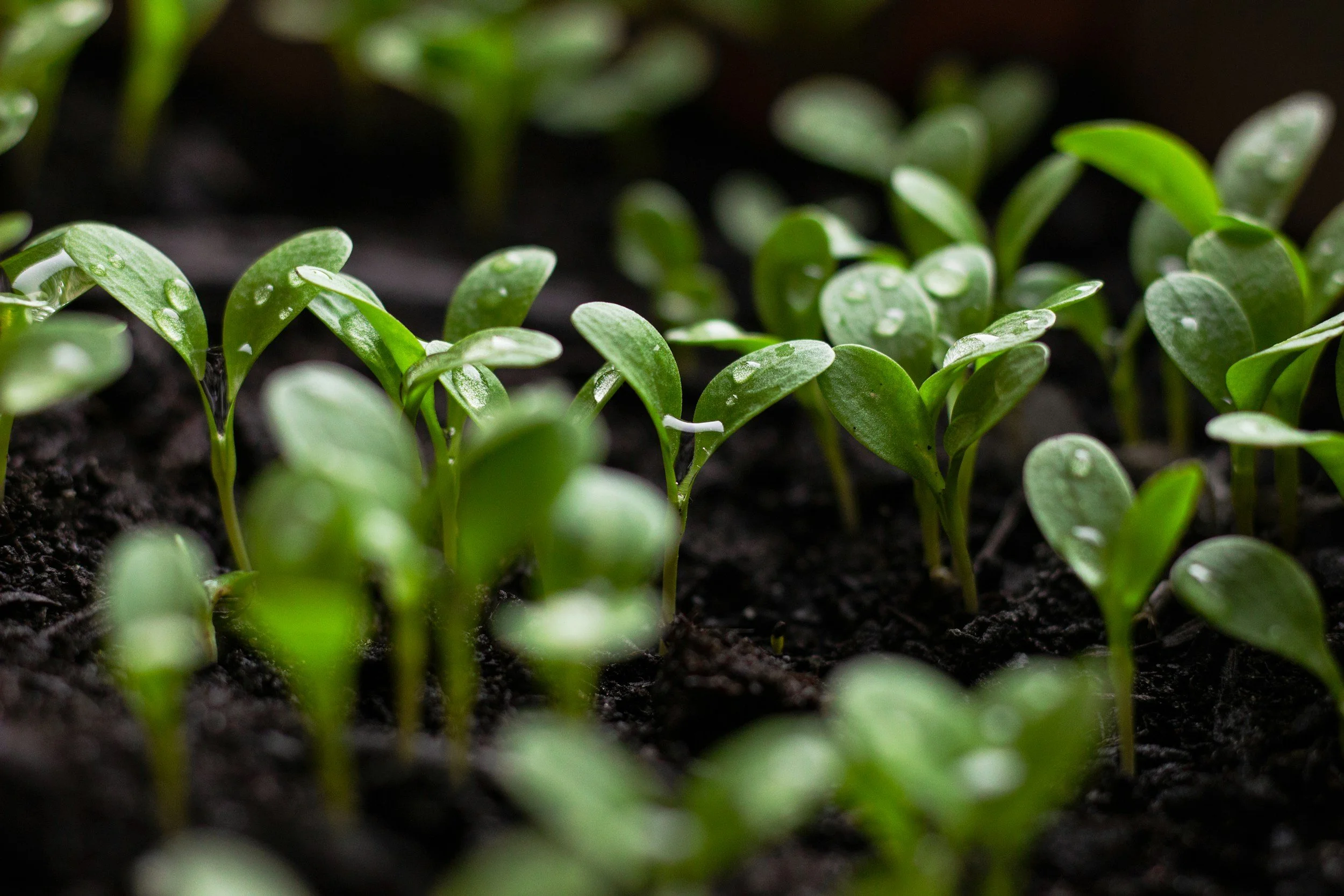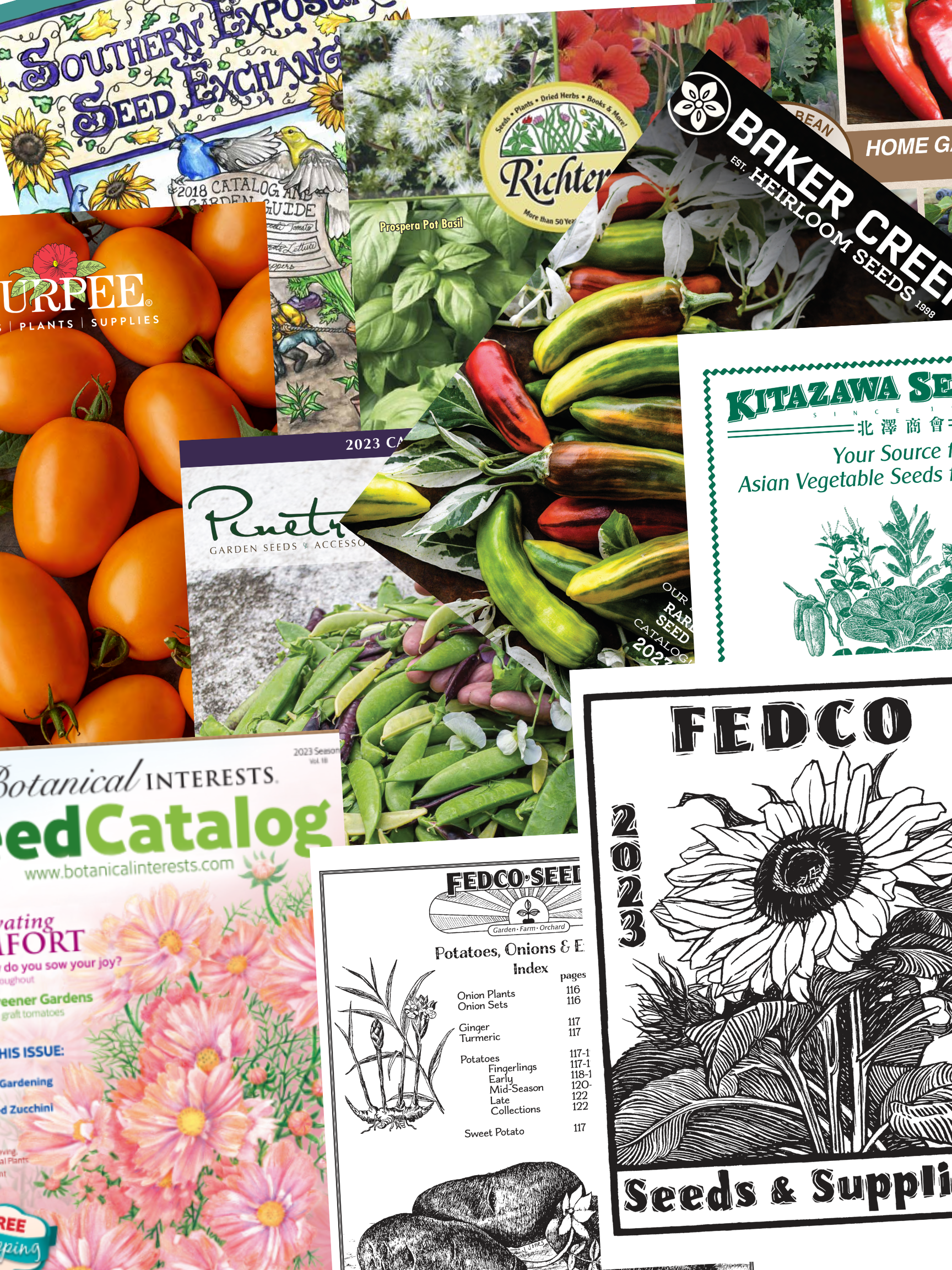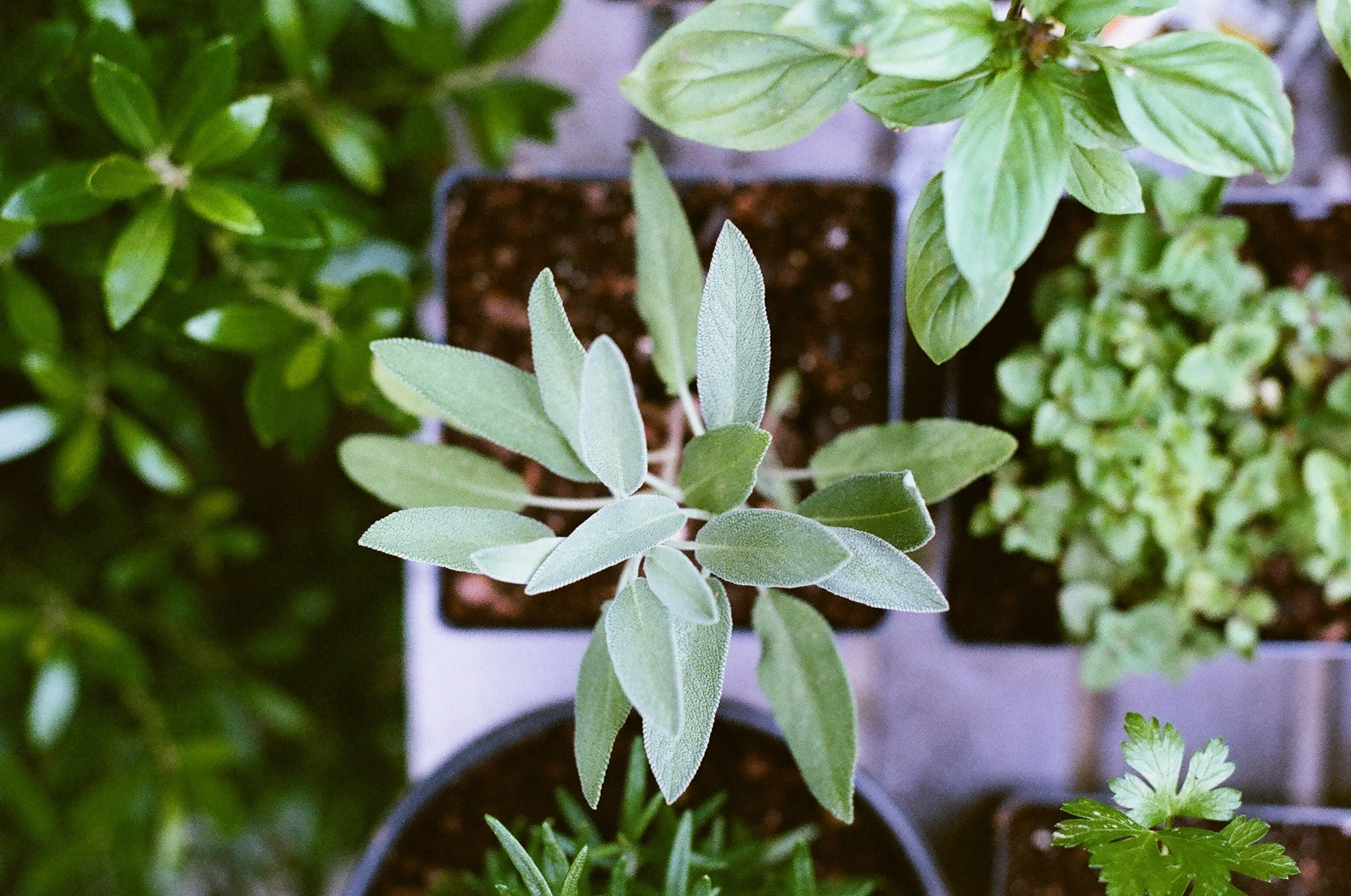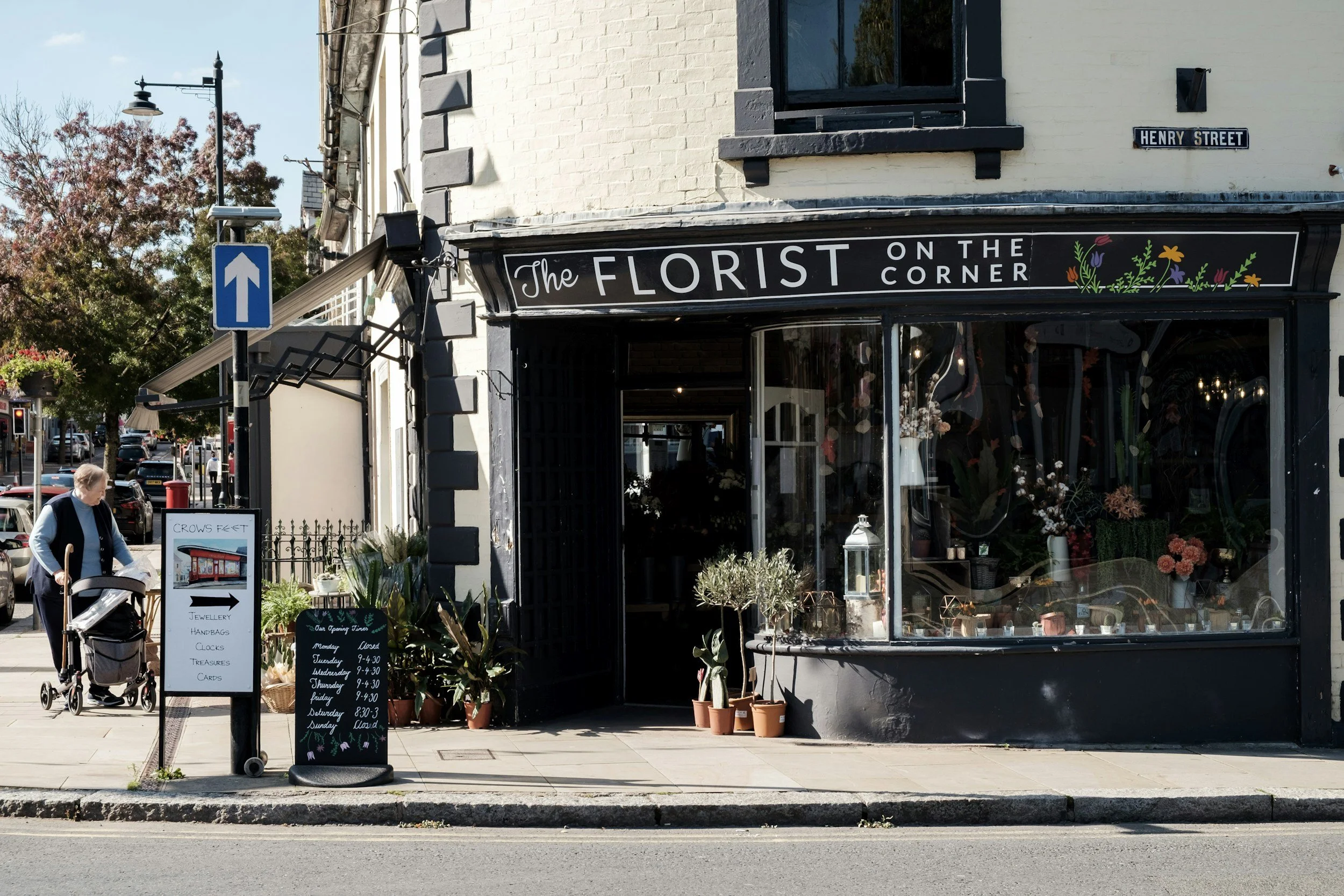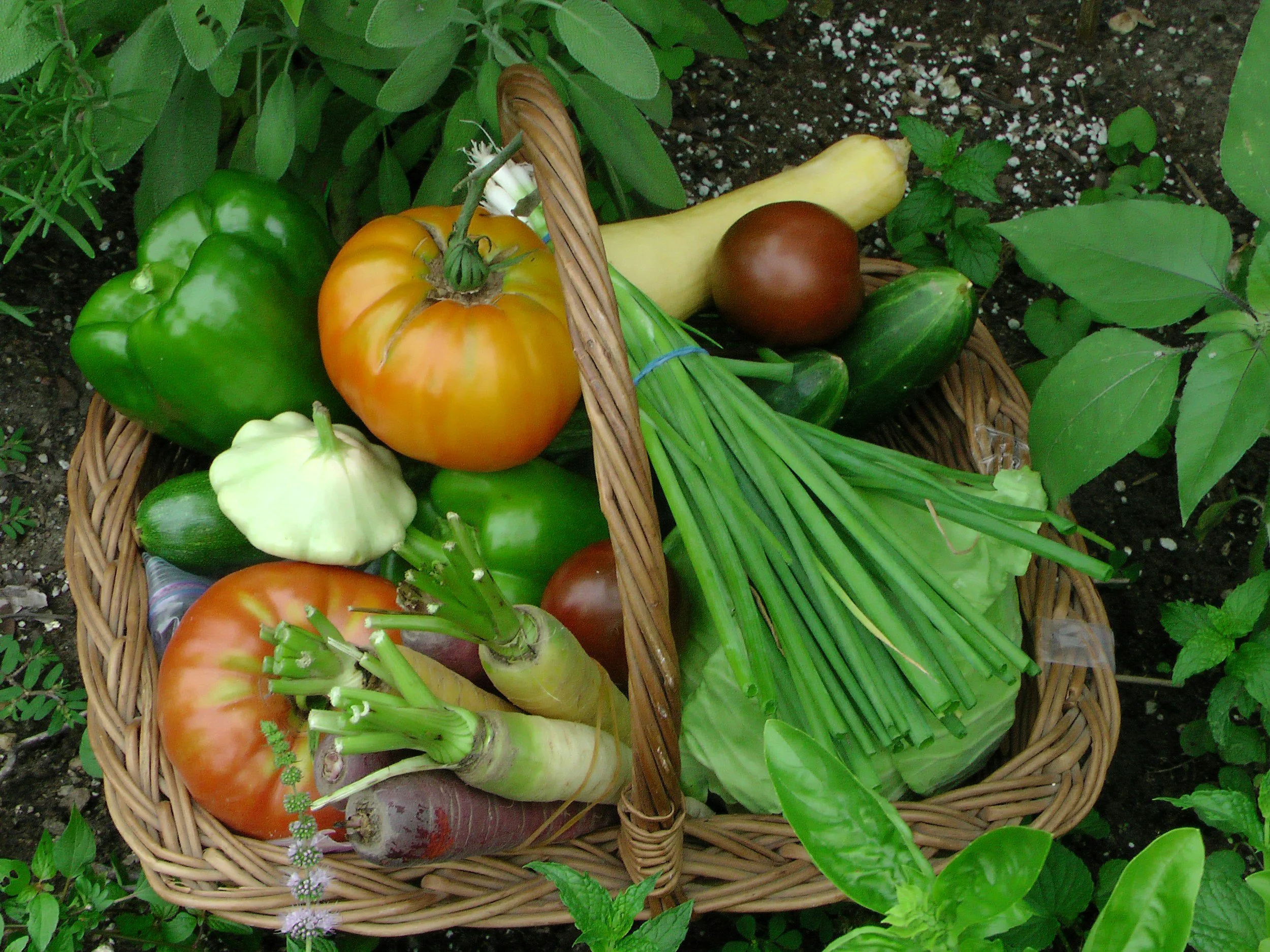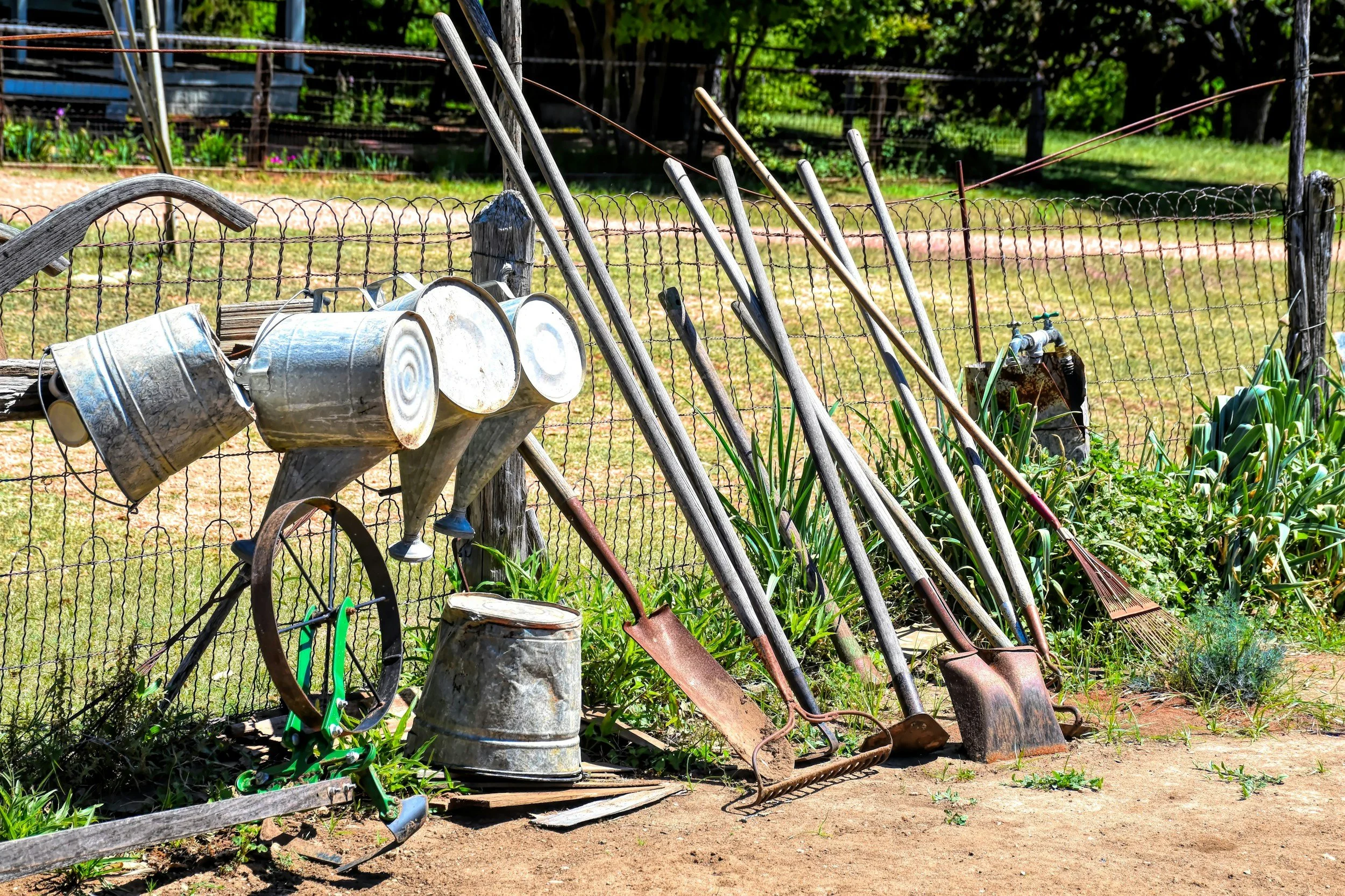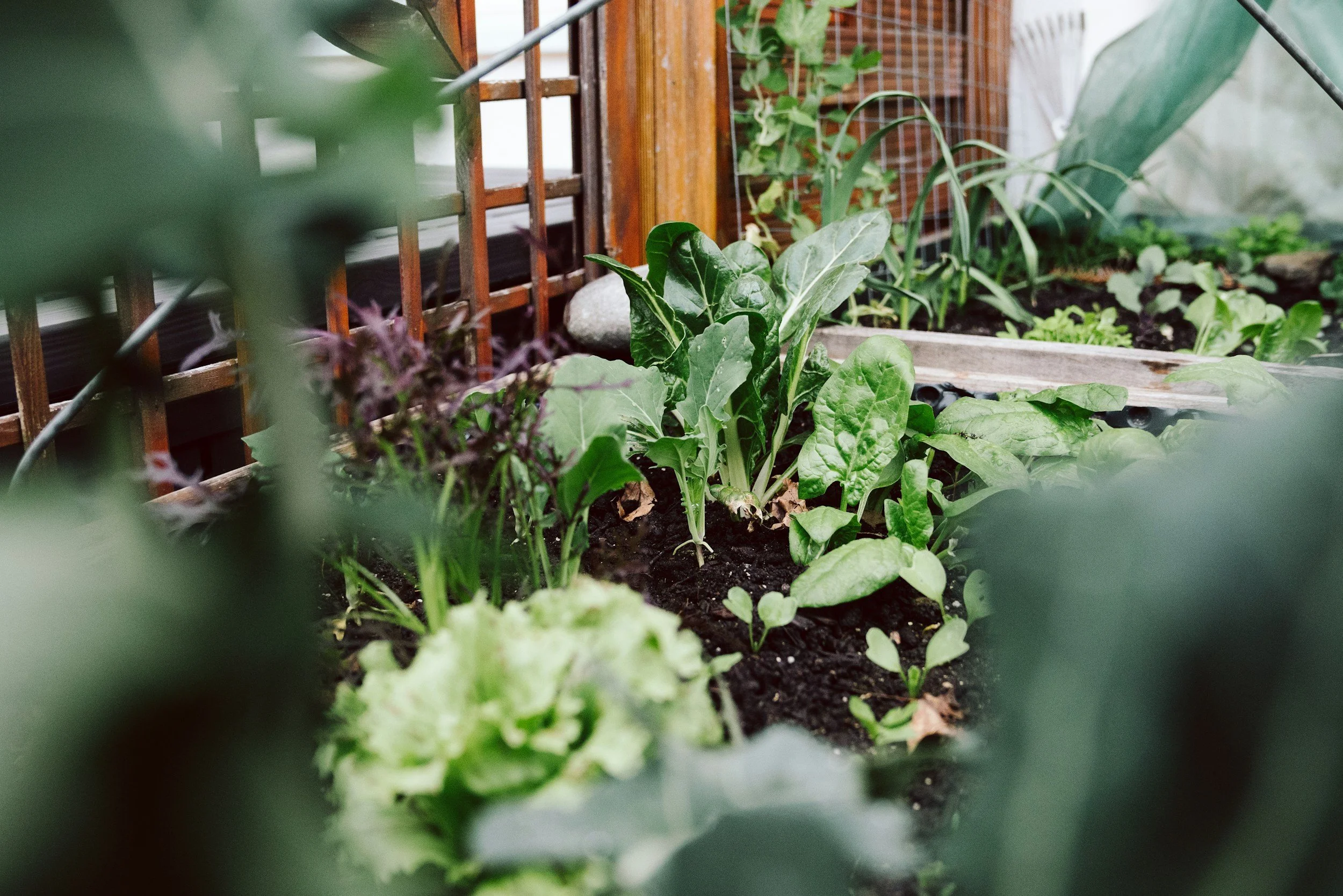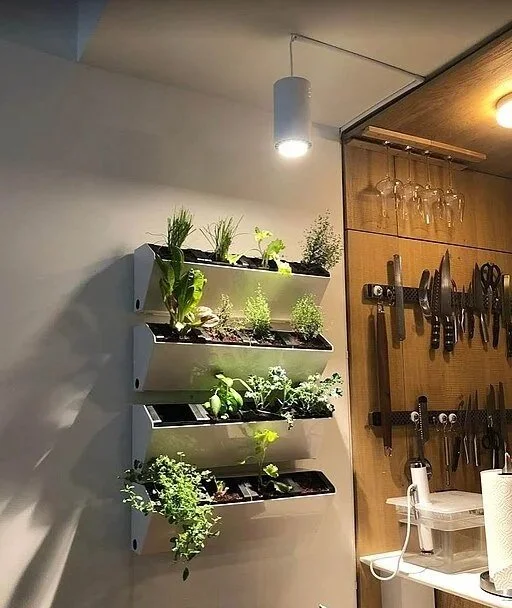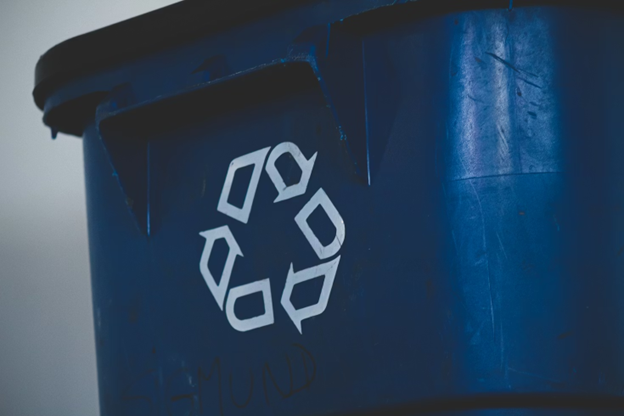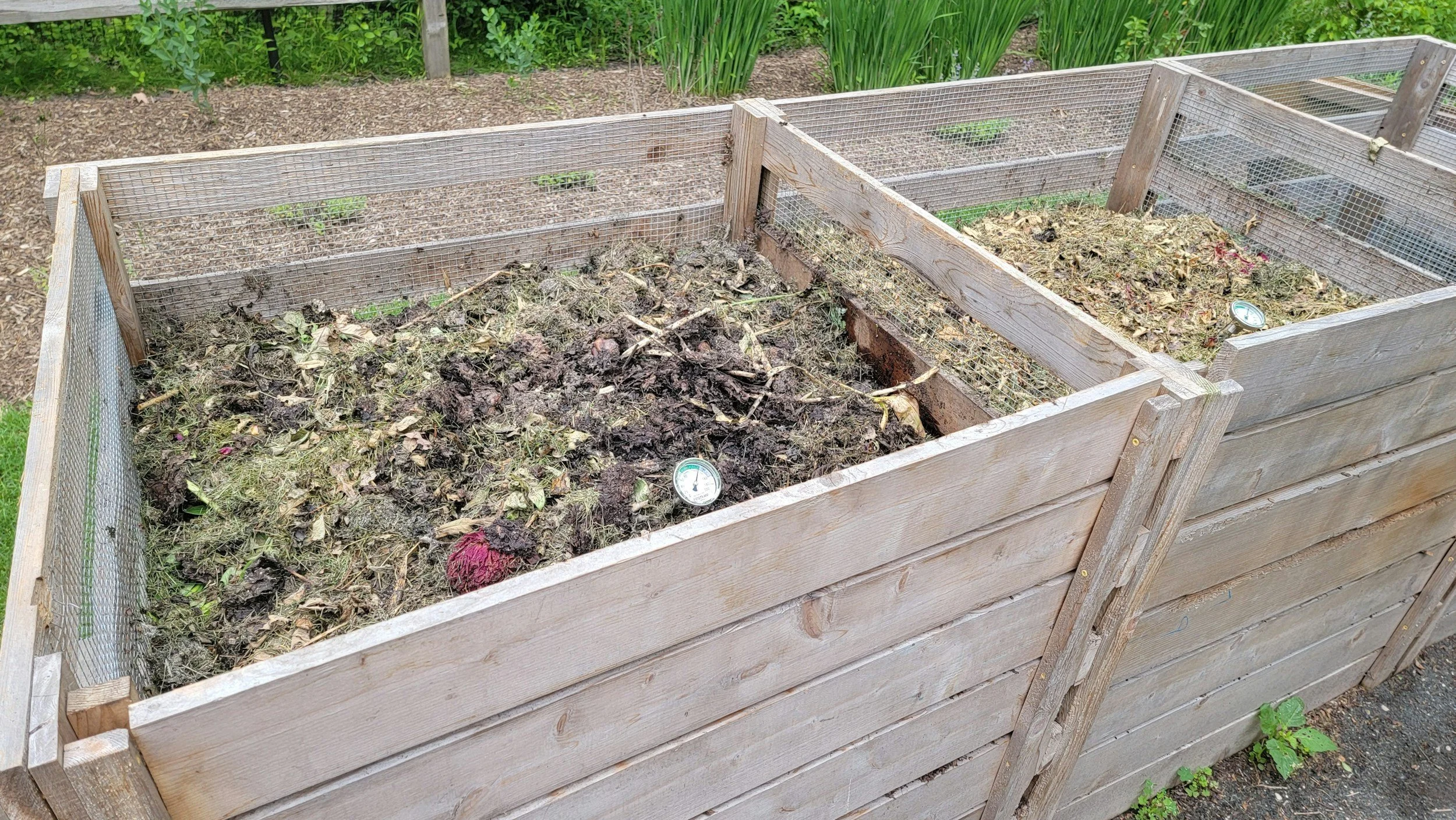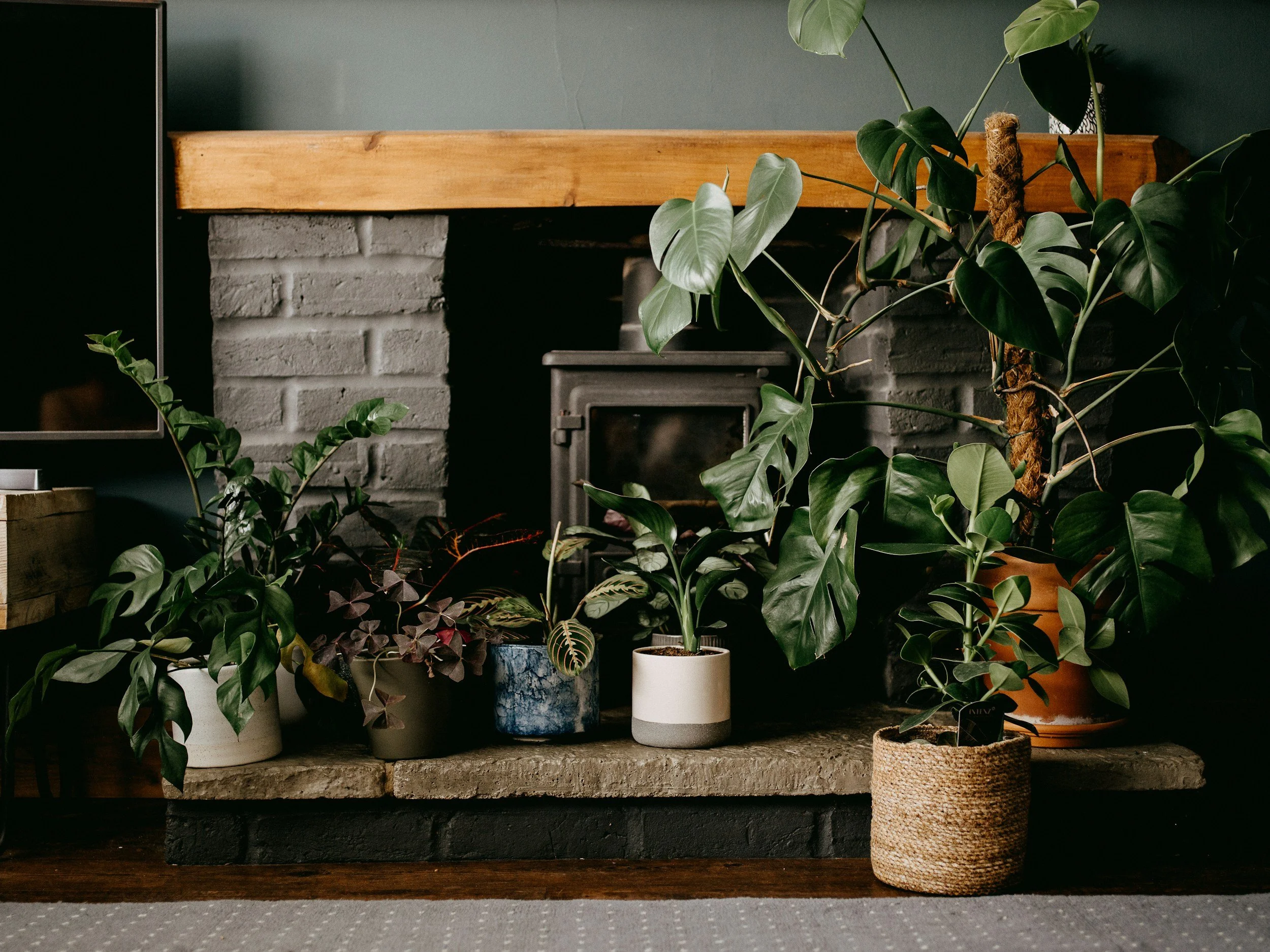10 ways to consume less and help the planet
/Updated 08/07/2020
(images on pexels.com and pixabay.com)
Not long ago, I was lecturing in one of my classes about the birth of consumerism in the 1950s, showing students a couple of popular ads that linked domesticity, femininity, and sexuality and asking them to comment on what they believed the ad was trying to communicate. The class reminded me that I needed to check my own consumption habits once again. It is a practice I have observed since starting Green and Prosperous several years ago.
I began to question these habits after returning to the US after having lived in India from 1997 to 98. There, everything that could be reused was being reused, because there were so many people who had so little and had to scrounge for what little they could get. Back when I smoked cigarettes, I periodically visited one of the guys sitting on the street refilling disposable lighters. When I threw my trash away, I was often confronted by a large cow sitting in the trash heap, munching away. While India has changed a lot since then, and more people have jumped onto the over-consumption bandwagon, especially in the big cities like Delhi and Mumbai, many of us around the world have begun to rethink how we consume, especially in the face of the looming climate threat.
Our consumption habits are driving climate change
Our current consumption habits, both in the Global North and in major global economies like India and China, are major drivers of climate change. This means that we will never be able to make a real difference in the rate, or extent of damage we are doing to the planet until we begin to change our consumption habits in a major way. Consuming less means wasting fewer resources and thinking more seriously about sustainable options for living. Here are six of the strategies I use to try to consume less and develop greater awareness of my waste and use of resources.
Pay cash for things as much as possible
It’s not always practical to pay cash; for example, large purchases like a car or house require using credit, and using cards gives you greater security for your purchases and allows you to shop online. But for many everyday purchases, paying cash not only makes sense, it helps you consume less. When you pay with cash, you‘re a lot more aware of your spending and less likely to make large impulse purchases. Most people have an emotional attachment to cash, which is not felt in the same way when you spend with a card. This makes it easier to stick to a budget and remain mindful of spending on things you don’t really need.
Know who you’re buying from
It’s important to assess the companies behind the products you’re buying. Do they practice good sustainability or corporate social responsibility in the manufacturing and selling of their products? This may mean that you’ll increasingly restrict yourself to buying products from companies that practice good stewardship of the Earth. Use one of the online guides to eco-friendly shopping, like one of the consumer guides published by Environmental Working Group or this retailers report card by Safer Chemicals, Healthy Families. Also consider, do they use excess packaging? You can also buy used products, especially clothing and some furniture and electronic items. It's not only for saving money, it's good for using fewer resources.
Use Eco-friendly products
Use products that are eco-friendly and do not contain hazardous materials. Did you know that in many cities, outdoor air quality has improved considerably in recent years, while indoor air quality has gotten worse? The air in your home may be contaminated by the products you use to clean it: many of the household and consumer products we use contain a number of common hazardous chemicals that damage the environment, wildlife, and human health. Want to know more about how to avoid some of these harmful chemicals? Sign up for my free resources and access my printable, portable list of toxic chemicals to watch out for when you shop.
Grow some of your own food
Growing some of your food can be easy, even if you’ve never grown anything before. Not only does it have mental and physical health benefits, it saves you money, and forces you to think more about where your food comes from, it also compels you to waste less of it. While urban and peri-urban gardening are on the rise, many growers do not use eco-friendly gardening practices. Want to learn more about how you can garden responsibly? Click the image to the right.
Get rid of stuff you don’t use or need anymore
When I moved to a new house last fall, after having lived in my old house for 14 years, I aimed to get rid of as much unnecessary stuff as possible. For over a year before moving, I regularly gave away and sold clothes, appliances, and baby and kid items I wasn’t using anymore. The result? After moving and in the process of unpacking, I discovered many bins full of kid clothes, maternity clothes, and toys and personal care items that were much too young for either of my kids to enjoy anymore. I called Purple Heart, spent half a day going through bins and bags, and gave away 16 garbage bags full of clothes.
Two days later, I found 5 more bins full of clothes that were too small for my kids (sigh…)
The bottom line? It pays to periodically go through your things, especially clothing, especially if you have young children, and either sell or give away what you no longer need. If you’re in the US, you can get a tax deduction for donating to 501 (c) (3) charities. And you’ll have a lot less stuff to deal with when you have to move.
Get organized
Organizing helps you clear out the clutter and also find things more easily. For this to be sustainable, you also have to periodically reassess what you really do and don’t need. You might find the wisdom of the personal organizer Marie Kondo helpful (catch her show “Tidying Up with Marie Kondo”). Her KonMari method for getting rid of and organizing your stuff is infectious, in my humble opinion. For a quick start guide to using the KonMari method of tidying, check out this checklist by Happy DIY Home.
It's not enough to be eco-friendly anymore, as the problem of climate change has now reached crisis proportions, according to multiple credible scientific reports around the world. While it's great to buy eco-friendly products, it's even more important to reduce our consumption, which globally, is on the rise. The links between overconsumption and global warming are very real.






